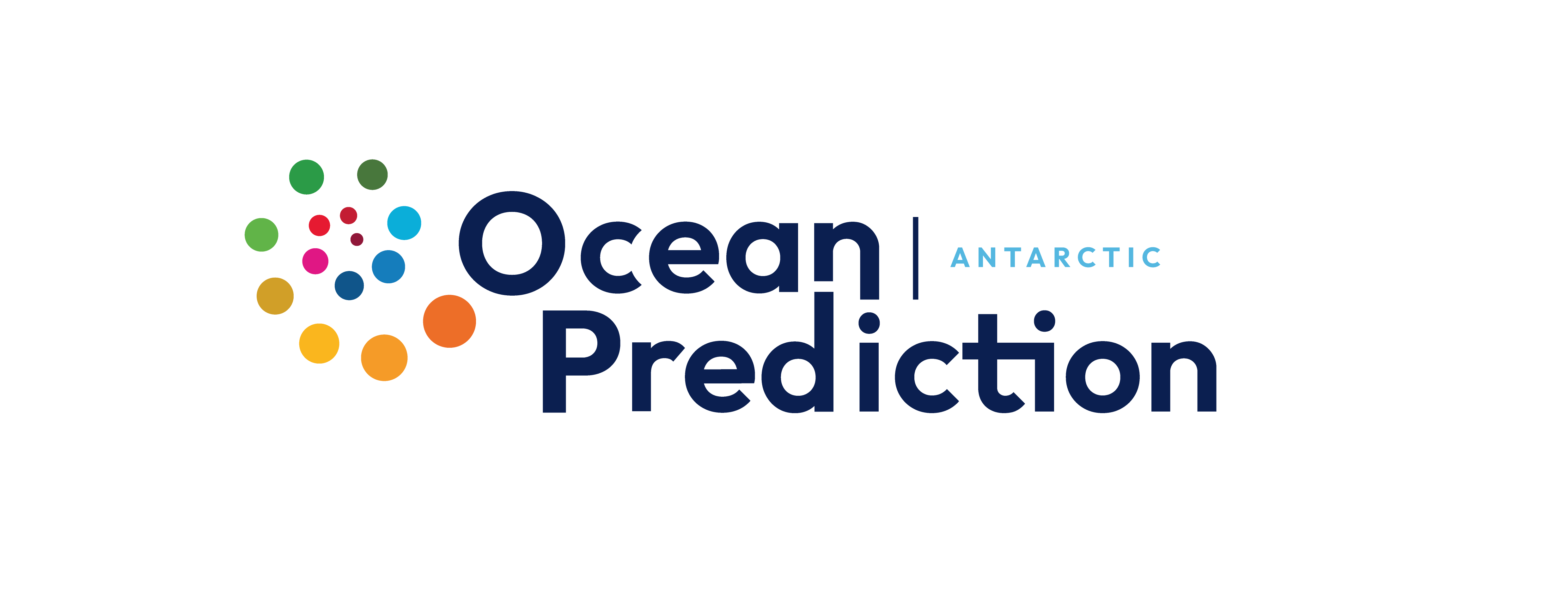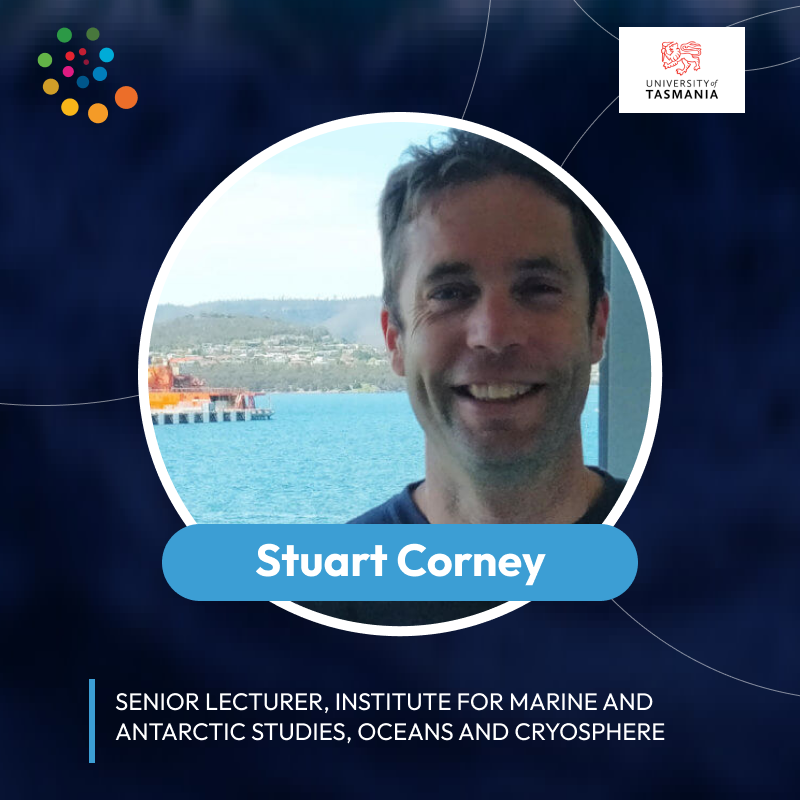Regional Team: Antarctic

Building local, thinking global
A regional team for Antarctica
The Antarctica Regional Team is the Oceanprediction DCC regional node for the mentioned region. The Regional Teams are the organizational backbone of OceanPrediction DCC community, and they are formed by individuals and organizations with very diverse background and interests: scientists and users, experts and interested persons, private and public sector, etc...
The regional team will promote Operational Ocean Forecasting Services as a key tool for Blue Economy and ocean policy. It is also supporting the coordination and the cooperation of ocean forecasting-related Decade actions in the area, and it is advocating for the regional implementation of Best Practices, Standards and Tools derived from OceanPrediction technical activity. The Regional Team is active in the design and organization of regional events for capacity building, ocean literacy and other purposes, such as courses, workshops, hackathons, etc.
Working together with the regional teams in other regions, it will form a worldwide network to achieve all the above-mentioned objectives, ensuring that regional singularities are considered during the process.
Leading the Team
Chair
Dr Stuart Corney is a senior lecturer in Oceans and Cryosphere at IMAS. His research focuses on understanding the likely impacts of climate change on the Southern Ocean and how changes in the physical environment are likely to cause changes to the marine ecosystem of the region. He is particularly interested in understanding the relationship between the environment and population success of Antarctic krill.
Closer to home, Stuart studies how climate change is impacting Tasmania and Tasmanians. This ranges from changes in frequency and intensity of extreme events to understanding the social impacts of climate change.
Before joining the faculty at IMAS Stuart was a long-time member of the Antarctic Climate and Ecosystems Cooperative Research Centre (co-located with IMAS). Prior to that he had positions with CSIRO Oceans and Atmosphere, the School of Medicine at UTAS and a stint with the Australian Bureau of Statistics.
The consistent thread through Stuart’s career has been using computational models to describe a physical system and then use that knowledge to understand the impacts of that change on social, biological and ecological systems.


Follow us